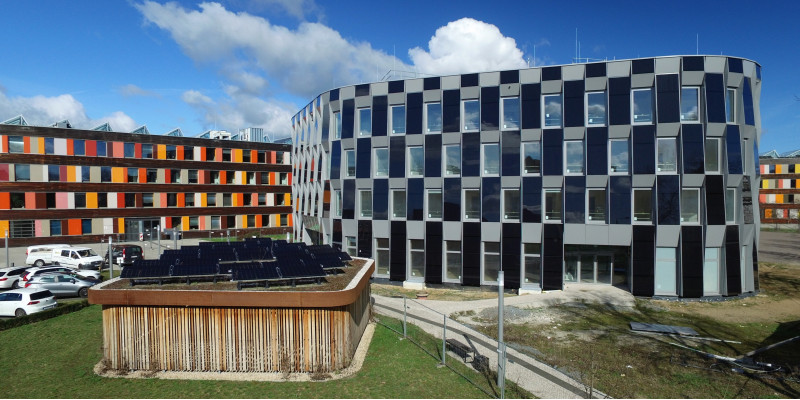Transformation School, 19-21 November 2024 in Dessau (Germany)
Context
We are living in turbulent times marked by multiple crises. Institutions, whether governmental or non-governmental, are facing the challenges of this increasingly complex and uncertain world with all its implications for designing and implementing environmental policies. While environmental and sustainability issues were high on the agenda just a few years ago (inter alia, via the European Green Deal), they have been increasingly overshadowed by security and economic concerns. To address these concerns, transformation processes need to embrace questions such as how to make use of resource-efficient and competitive economies, digitalisation and just transition in their narratives and actions.
Environmental Protection Agencies (EPAs) are key actors in this process by informing and implementing the transformation process together with a growing number of other actors, such as science, non-governmental actors and businesses. For this target group UBA and its TES Academy in collaboration with Syke, EAA and WUR are offering the “Transformation School” (T-School) to provide ground for being better equipped with the competencies, knowledge and practical tools that are required to actively and effectively facilitate transformation processes in their agencies and in discourse and collaboration with partners and society.
Transformation processes in the context of the T-School are understood as fundamental changes over time in socio-ecological and technological systems at different organizational (regional, national and international) and personal levels that go beyond incremental changes or reforms. They require substantial changes in economic, social and technological sectors pushed forward by change agents that strive for overcoming silo thinking and the creation of new visions and paradigms. In our understanding these transformation processes can only be controlled to a limited extent, the specific outcome is open and subject to the dynamics of the transformation process itself.
Aim and added value of the T-School
The T-School offers a safe, exploratory space, an inspiring group and (net)working environment to gain competencies in an interconnected triangle of goals:
- Improve your personal reflexivity: In the sense of transformative learning, the personal perspective on a transformation process/case and the reflection about one’s own role in it is key when becoming active in such a process. The T-School will provide space for such reflections – for yourself and the group of peers that the T-School brings together.
- Gain new ideas for your work: Every participant contributes a transformative topic, process or case from their work (hereafter referred to as “case”), no matter in what stage it is. The case can come from within their institution (e.g., developing an interdisciplinary institutional position on a topic) or from broader topics that involve external stakeholders (e.g., living labs or stakeholder-driven strategy developments). During the T-School, everyone will receive input and ideas on their case via joint reflections and collaborative methods that are jointly used and explored directly with the cases. Topics may come from all fields of policies linking environment and sustainability issues, e.g. energy, mobility, water, food or biodiversity. Participating in the T-School takes a few days off your daily work, but we are convinced you will save much more time and improve the quality of your transformative work afterwards, because you can expect to have a much better understanding of how to address wicked transformation challenges and how a perspective on transformative learning can contribute to overcoming these challenges.
- Get inspired by collaborative methods: Nowadays, a number of collaborative methods exist that can support the analysis of a system that requires transformative action and/or helps within a transformative process/case. An example is engaging people in participative and collaborative processes. The T-School will introduce selected methods that will be applied directly to the cases of the participants. These methods can later also be applied in your own case back home.
In case you consider to join the T-School, please contact us at tes-academy [at] uba [dot] de


